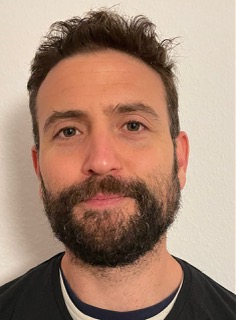Resources
Over the years I have developed several resources which are freely available for the research community. I will be gradually uploading them here. If you know about any resource developed (or contributed) by me and you don’t find it here, don’t hesitate in reaching out.
Personal blog
This is a collection of short tutorial-like articles I started a while ago. These are little-theory/lots-of-pragmatic tips intended to get you going quickly (either for the first time or after not using these tools for a while).
fMRI Analysis Intro
This is a hands-on workshop on fMRI analysis for the PsyMSc4 at the Goethe University. The materials cover all the common steps when conducting fMRI research and how to run them with MATLAB’s SPM. The core Philosophy of the workshop is that one of the main skills that a cognitive neuroscientist should have is the ability to judge what can and what cannot be done with fMRI experiments from a conceptual level. In order to acquire such a skill, one needs to understand fMRI research, i.e., to know the basics of the technique itself and the logic behind the most common analysis.
THINGS Mooney
A database of Mooney (two-tone) images based on the THINGS database.
ECOS
ECOS (Ecological Congruity Object-Scene) database is a collection of natural scenes optimized for standard visual tasks but that can easily be accommodated for other paradigms. A key aspect of this database is that it includes semantically matching and mismatching object-scene combinations which can be used to study many cognitive processes such as object-scene integration and segregation, object detection and identification and even visual search. The images included in this data set have already been used in attention and memory studies.
Programing in Psychological Science
This guide is not a full programming course or a replacement for formal tutorials. Instead, it’s a starting point: a collection of reflections, examples, and recommendations from the perspective of researchers in psychology and cognitive neuroscience. It aims to help you get your bearings and make smart decisions as you begin learning to code — not to teach you everything from scratch.
